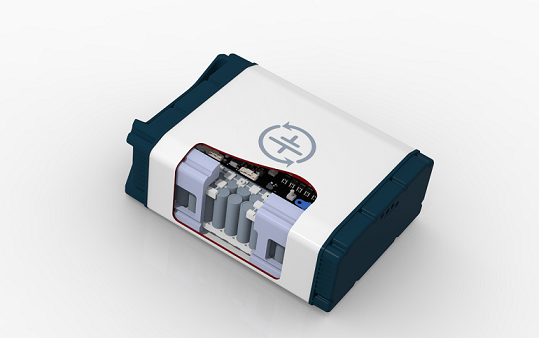Production Incentives and Waste Management Regulations Drive Sustainable Energy and Transportation Efforts
India is taking significant steps to achieve its greenhouse mitigation goals by leveraging energy storage based on lithium-ion batteries. With lithium being a crucial raw material for electric vehicle (EV) production, India seeks to reduce its reliance on imports and boost domestic manufacturing. The country’s Ministry of Heavy Industries recently unveiled a Production Linked Incentive (PLI) Scheme for Advanced Chemistry Cells (ACCs), with an investment of Rs. 18,100 Crore over 5 years. The scheme aims to establish a competitive ACC battery manufacturing capacity of 50 GWh, along with 5GWh of niche ACC technologies.
In addition to the PLI scheme, the government has taken further measures to bolster the production of EVs, especially in the public transport sector. The Faster Adoption and Manufacturing of Hybrid and Electric Vehicles in India (FAME India) Scheme’s Phase-II has been extended until March 2024, providing incentives to EV buyers through upfront price reductions. Moreover, the Production Linked Incentive (PLI) Scheme for the Automotive Sector, with a budget of Rs. 25,938 crores, also includes coverage for electric vehicles.
To address the environmental impact of battery waste, the Ministry of Environment, Forest and Climate Change published the Battery Waste Management Rules in August 2022. These rules establish an Extended Producer Responsibility framework, compelling battery producers to recycle and refurbish waste batteries within prescribed timelines. The regulations also set requirements for recyclers to recover a minimum percentage of materials from discarded batteries.
These initiatives were shared by Shri Krishan Pal Gurjar, the Minister of State for Heavy Industries, in a written reply presented in the Lok Sabha. The collective efforts highlight India’s commitment to advancing EV production, reducing import dependency, and managing battery waste for a greener future.


